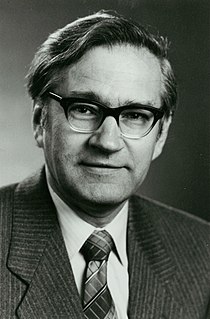A Quote by Carolyn Wells
It is the interest one takes in books that makes a library. And if a library have interest it is; if not, it isn't.
Related Quotes
I was so inspired by Dr. King that in 1956 with my brothers and sisters and first cousins, I was only 16 years old, we went down to the public library trying to check out some books and we were told by the librarian that the library was for whites only and not for colors! It was a public library! I never went back to that public library until July 5th, 1998, by this time I'm in the Congress, for a book signing of my book "Walking with the Wind"
One time, the Library of Congress was giving books to local libraries around the country on Islam. The library of a guy named Walter Jones, who's a member of Congress from North Carolina, got some books and resource materials, and he got up in the press and said he didn't want any Muslim books in the library. And the people said, "Wait a minute, that's kind of anti-Muslim." He said, "Oh no, Keith Ellison is a friend of mine." And I said, "You know what? We are friends, but you're wrong about this.
You could tell from the books whether a library was meant for show or not. Books that were used had an open, interested feel to them, even if closed and neatly lined up on a shelf in strict order with their fellows. You felt as though the book took as much interest in you as you did in it and was willing to help when you reached for it.
I was so inspired by Dr. King that in 1956, with some of my brothers and sisters and first cousins - I was only 16 years old - we went down to the public library trying to check out some books, and we were told by the librarian that the library was for whites only and not for colors. It was a public library.
I grew up in a small town with a very small library. But the books in the library opened a large place in my heart. It is the place where stories live. And those stories have been informing my days, comforting my nights, and extending possibilities ever since. If that library had not been there, if the books - such as they were - had not been free, my world would be poor, even today.
I claim that this bookless library is a dream, a hallucination of on-line addicts; network neophytes, and library-automation insiders...Instead, I suspect computers will deviously chew away at libraries from the inside. They'll eat up book budgets and require librarians that are more comfortable with computers than with children and scholars. Libraries will become adept at supplying the public with fast, low-quality information. The result won't be a library without books--it'll be a library without value.
































